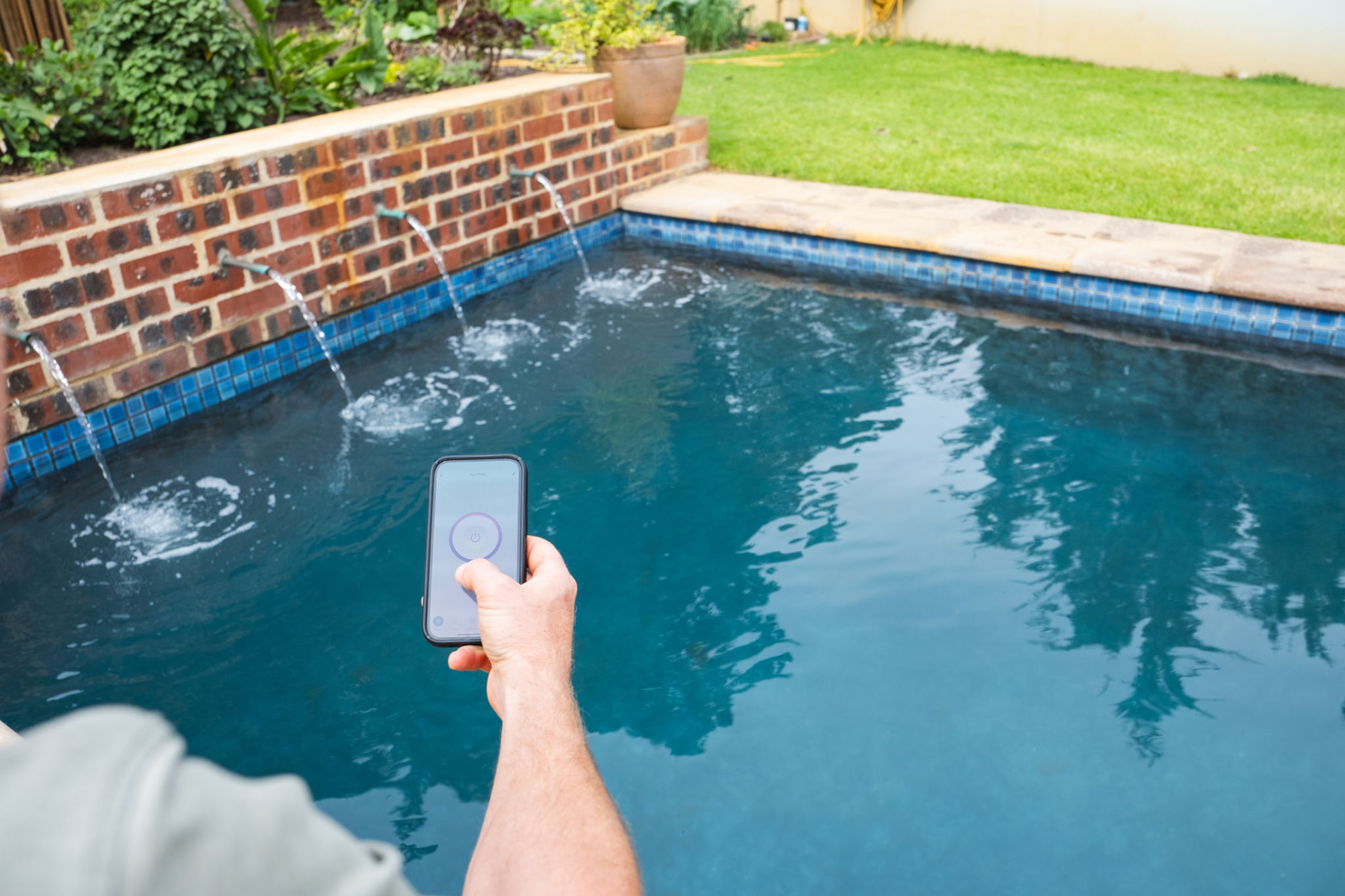Integrating Smart Technology for Pools: A Guide to Modern Pool Automation
Swimming pools have long been a symbol of luxury and relaxation, but with the advent of smart technology, they are transforming into hubs of convenience and efficiency. Integrating smart technology into pool systems is not just about embracing the latest trends; it’s about enhancing the pool experience while ensuring optimal maintenance and safety. This guide explores the various aspects of modern pool automation, highlighting how technology can revolutionize your backyard oasis.
Understanding Smart Pool Technology
Smart pool technology involves using automated systems and devices to manage and monitor pool functions remotely. These systems can control everything from water temperature and lighting to chemical levels and cleaning schedules. By integrating these technologies, pool owners can enjoy a hassle-free experience while optimizing energy use and maintaining a pristine pool environment.

Key Components of Pool Automation
Modern pool automation systems typically consist of three main components: control systems, sensors, and communication protocols. Control systems manage various pool functions, sensors monitor conditions like temperature and water quality, and communication protocols allow these components to interact seamlessly.
- Control Systems: These are the brains behind smart pools, enabling users to set schedules and preferences for heating, lighting, and cleaning.
- Sensors: From temperature and pH sensors to motion detectors, these devices provide real-time data for optimal pool management.
- Communication Protocols: Technologies like Wi-Fi and Bluetooth facilitate remote monitoring and control via smartphones or tablets.
Benefits of Pool Automation
Automating your pool can bring a multitude of benefits that enhance both usability and efficiency. Firstly, smart systems can significantly reduce energy consumption by optimizing heating and filtration processes. This leads to lower energy bills and a smaller carbon footprint. Additionally, automated systems ensure that chemical levels remain balanced, promoting water quality and preventing damage to pool equipment.

Simplifying Pool Maintenance
One of the most appealing aspects of pool automation is the ease of maintenance it offers. Automated cleaners can be scheduled to run at convenient times, reducing manual cleaning tasks. Furthermore, smart systems can alert you to potential issues before they become significant problems, allowing for timely interventions that save both time and money.
Enhancing Safety with Smart Features
Safety is paramount for any pool owner. Smart technology enhances safety by integrating features such as motion sensors that detect unauthorized access or distress in the water. Some systems can even send alerts to your smartphone if unusual activity is detected, providing peace of mind whether you’re at home or away.

Choosing the Right Automation System
Selecting the right automation system depends on your specific needs and existing pool setup. It’s important to consider compatibility with current equipment, ease of use, and the availability of customer support. Consulting with a professional installer can also help ensure that your system is tailored to your requirements for maximum effectiveness.
The Future of Smart Pools
As technology continues to evolve, the future of smart pools looks incredibly promising. Innovations such as AI-driven analytics for predictive maintenance and integration with home automation systems are on the horizon. These advancements will further enhance the convenience, efficiency, and enjoyment of owning a pool.
In conclusion, integrating smart technology into your pool system transforms an ordinary swimming experience into a sophisticated, stress-free haven. Whether you’re looking to reduce maintenance, save on energy costs, or enhance safety, there’s no doubt that modern pool automation offers a compelling solution for today’s tech-savvy homeowner.
